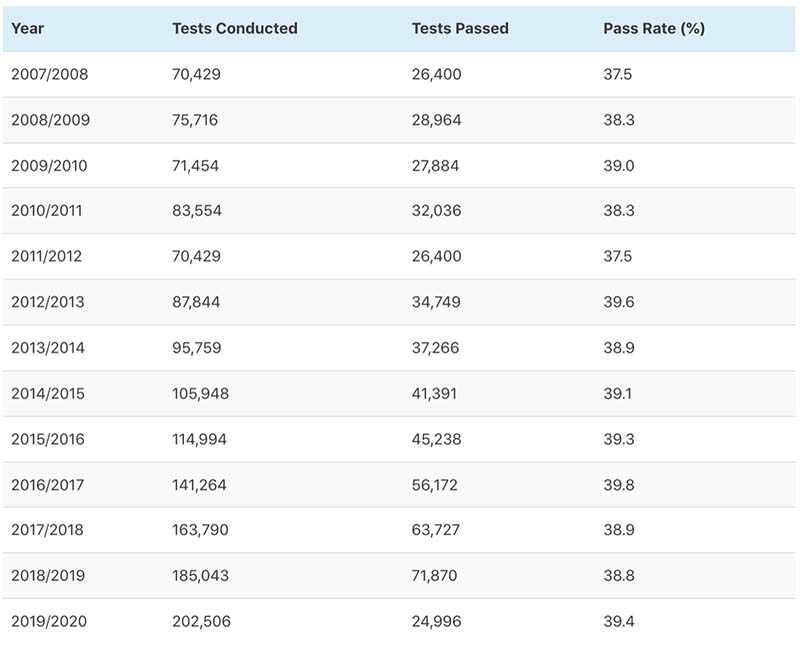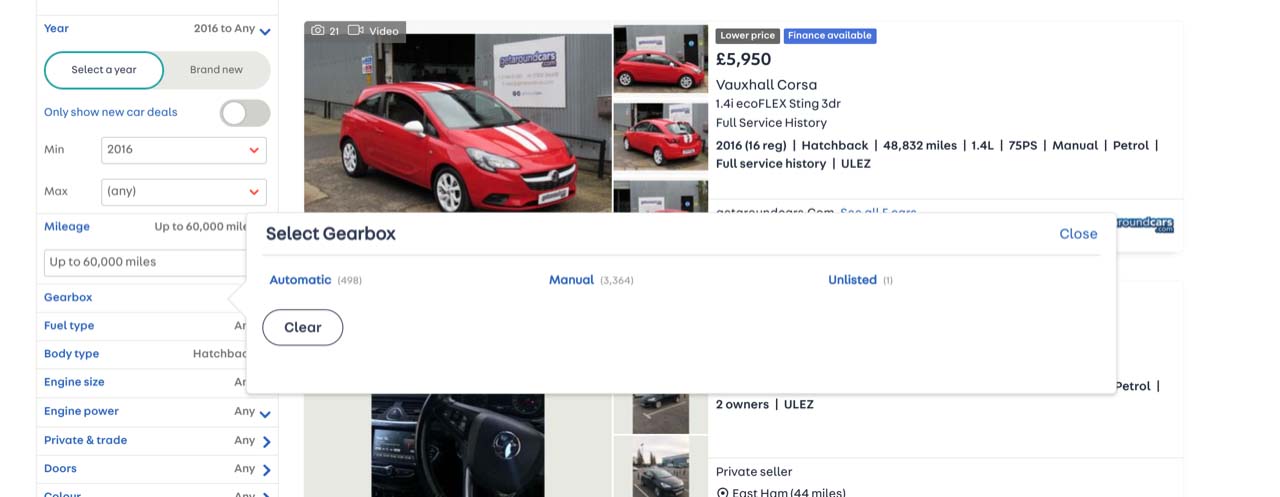driveJohnson’s was recently contacted by This Is Money to comment on and answer the following questions regarding the future for driving lessons, driving tests, and electric vehicles. This is a very popular topic at the moment, so the director of driveJohnson’s, Anthony Johnson, responded personally.
- How do you envisage tests changing as more drivers opt for electric cars?
- Should we expect automatic driving lessons to continue to grow in popularity?
- Is it important that new drivers learn how to use a manual, even if they never plan to drive one?
- How do driving instructors feel as we move more towards electric vehicles as standard? Are they in support, or are there any apprehensions?
- Is there anything new drivers who opt for electric cars should be aware of before/as they learn to drive?

1. How do you envisage tests changing as more drivers opt for electric cars?
For the next 3 to 5 years, I don’t believe we will see any major changes to the driving test. Although the demand for automatic driving lessons is steadily increasing, it’s not moving fast enough to warrant any significant changes to the driving test at this time.
The DVSA have got a massive problem in dealing with the current driving test backlog and lack of driving examiners, exacerbated by the coronavirus pandemic. This will be their priority over the next 1 to 2 years. The waiting time for a driving test is between 6 and 9 months in most areas across the UK, compared to the pre-pandemic waiting time of 4 to 6 weeks.
2. Should we expect automatic driving lessons to continue to grow in popularity?
Yes, but not as quick as you would think. In 2019/20, there were 1,780,113 driving tests conducted, of which 202,506 were conducted in an automatic vehicle. Therefore, approximately 11.25% of driving tests conducted were automatic. If you look at the table included below, you’ll see the transition to automatic from 2007 to now has been moderately slow.

Most 17- to 20-year-olds are on a low wage or are still in education. If you compare second hand 2016 registration Vauxhall Corsas in manual to the automatic equivalent on Autotrader, there is a difference in cost of approximately £2000. There also happen to far more manual versions available (3,364) than automatics (498).

Most of this age group will be looking for a cheap car once they pass their driving test, typically opting for hatchbacks as they tend to be in the lowest insurance groups. Until we see more affordable used automatic hatchback vehicles for sale, the demand for automatic driving lessons will not increase as quickly as many people believe. The range on electric hatchback vehicles would also need to reach the 300-mile mark too.
3. Is it important that new drivers learn how to use a manual, even if they never plan to drive one?
I think anyone who is capable of learning in a manual car should take manual driving lessons. Obviously, if someone is really struggling to grasp a manual gearbox, then they should consider automatic tuition.
Popular countries such as the Greek Islands, Canary Islands, Italy and Turkey will be even further behind the UK, so hiring a car in these countries could cost 3 to 4 times more if you only have an automatic driving licence.
Anyone who is a car enthusiast will probably appreciate the choice of being able to drive manual or automatic transmissions. As they get older, they may want to purchase classic cars and, with an automatic-only licence, their choice will be extremely limited and may choose to obtain a manual licence later in life.
4. How do driving instructors feel as we move more towards electric vehicles as standard? Are they in support, or are there any apprehensions?
As the owner of driveJohnson’s, my main job is to make sure our 500 instructors across the UK are busy. My biggest job for the next 1 to 2 years is to manage the hype and speculation of the UK moving to electric and to follow the data.
Many instructors have asked me whether they should teach in an electric car and my answer to them right now is that I wouldn’t recommend it. I would wait for the data to change to at least 30-40% of driving tests being conducted in automatic, by which time the battery range for for electric hatchback vehicles should be closer to 300 miles.
Brand new electric Vauxhall Corsas have a battery range of 200 miles, and the car costs £25,000 almost new. Realistically, with the air-conditioning on the majority of the time, with things like the Sat Nav on from time to time, this range could be around 130-140 miles in the winter.

The average driving instructor in Luton conducting 8 hours of driving lessons a day will cover in the region of 150 miles per day. A driving instructor in London would probably do 50% less miles per day, but it’s less likely they would have somewhere to regularly charge their vehicle overnight.
Personally, I have a manual teaching vehicle and a hybrid car for personal use. Roughly once a month, for whatever reasons, I get into my hybrid car and it hasn’t charged up. If this were to happen to a driving instructor’s teaching vehicle, they would be unable to go to work. The charge time from a standard house electrical circuit is around 8 hours – most houses haven’t been built to facilitate the rapid/fast chargers.
You can see this article for the most recent complaints to the financial ombudsman about electric cars, with the second highest complaint being that the car does not charge to its full potential.
My apprehension is that the UK will run before it can walk properly in regards to electric cars. The government have stuck a flag in the ground for 2030 and 2035, I personally don’t think we will be ready for these changes. I can see the wealthy moving over to electric easily, but I cannot see how families living in terraced houses and tall flats with a lack of parking availability will be able to charge their electric cars. It is likely that hybrid vehicles will continue to be built beyond 2035.
Do I support the changes? Yes. Does the government or myself have a proper solution to potential future problems previously mentioned? No.
5. Is there anything new drivers who opt for electric cars should be aware of before/as they learn to drive?
Anyone buying an electric car should receive proper guidance from the sales person on how to use the car. If they are still unsure of how to operate their new electric vehicle, then perhaps seek a refresher driving lesson on an electric vehicle. There are many gadgets and modes on the new electric vehicles, so anyone going from a manual car to a new electric car could get slightly fazed and overwhelmed by it all, and should seek professional advice on how everything works in the car before driving it away.
In regards to learning in an electric vehicle: if the learner has chosen to learn in an electric vehicle, they should receive the training they need on most of the important/common gadgets as their lessons and learning progresses.
In summary, I welcome the changes. I’m just concerned that the government doesn’t have a proper strategy in place to get the majority of the UK driving electric vehicles by 2030-2035. Manufacturers are still building diesel and manual cars too as they are cheaper to buy and the demand is still there. Until the government steps up to the plate with a proper strategy, manufacturers will still build cars to sell today and not in the future.
Lastly, the government has printed so much money and mounted so much debt during the Covid-19 pandemic that I don’t think they can afford to incentivise these changes to go greener for a very long time.

Written by Anthony Johnson
Company Director
driveJohnson's






